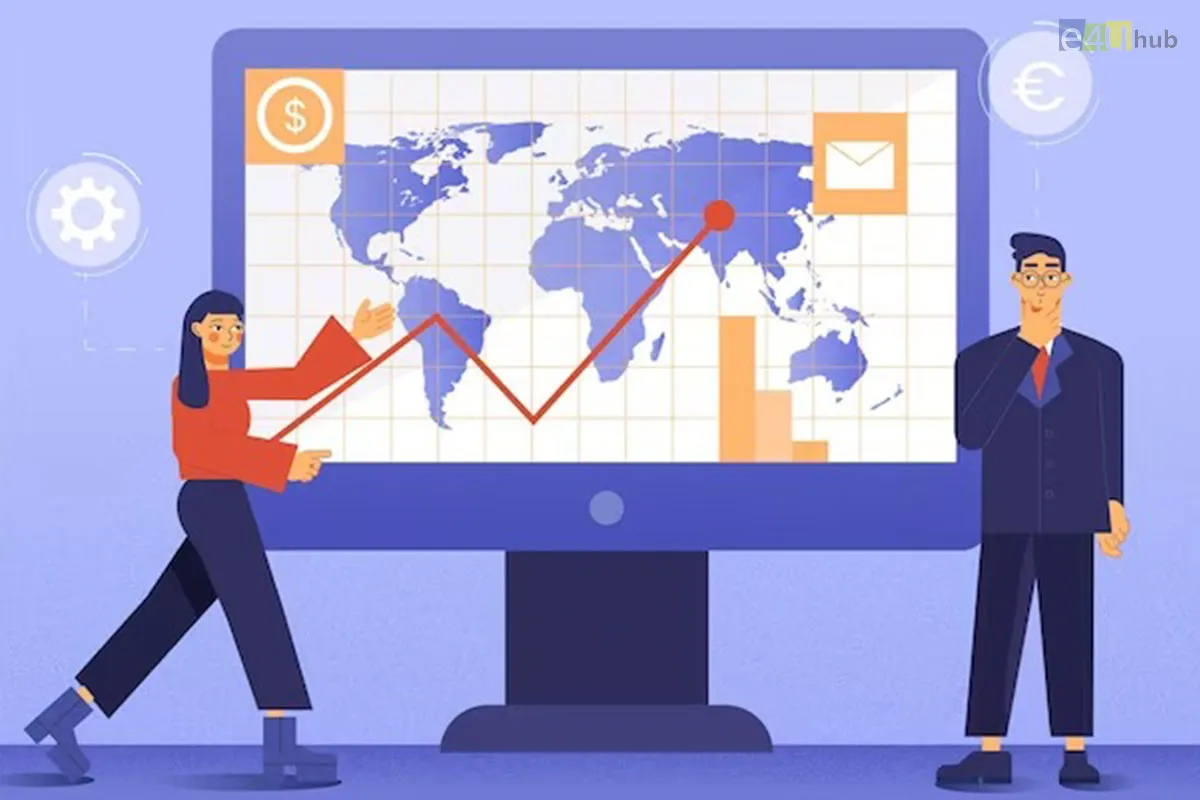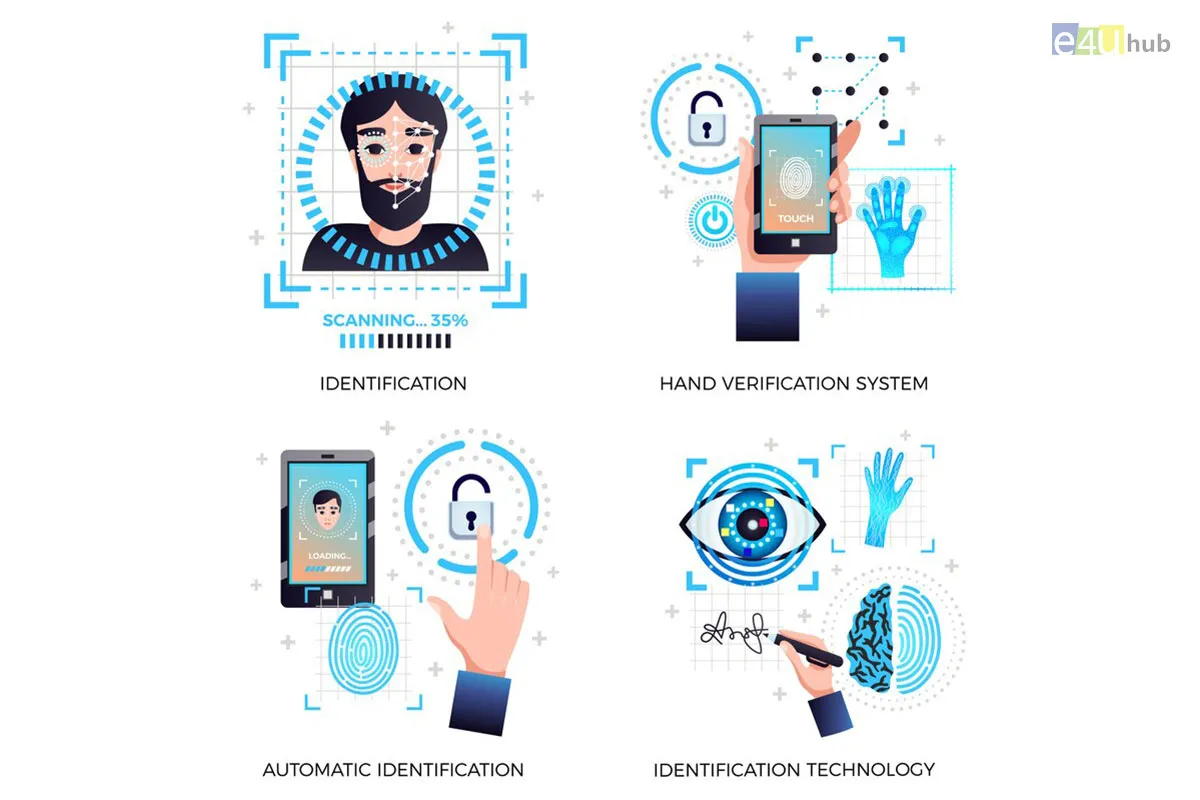
Impact Of Digital Technology On Society And Economic Growth
- 21 Feb, 2024
- Tech
- 1172 Views
- 0 Comments
In today's interconnected world, digital technology has become an integral part of our daily lives, revolutionizing the way we communicate, work, and interact with the world around us. From smartphones and social media to artificial intelligence and big data, the digital revolution has transformed society and driven economic growth on a global scale. In this blog, we'll delve into the multifaceted impact of digital technology on society and its profound implications for economic development.
1. Connectivity and Communication:
Digital technology has bridged geographical barriers and transformed the way we communicate and connect with others. Social media platforms, messaging apps, and video conferencing tools have made it easier than ever to stay in touch with friends, family, and colleagues, regardless of distance. This unprecedented level of connectivity has facilitated the exchange of ideas, cultures, and knowledge, fostering a more interconnected and globalized society.
2. Access to Information and Education:
The internet has democratized access to information and education, empowering individuals to learn and grow like never before. Online resources, e-learning platforms, and digital libraries provide a wealth of educational opportunities, allowing people to acquire new skills, pursue higher education, and stay informed about the latest developments in their fields. Digital technology has also revolutionized the way we teach and learn, enabling personalized learning experiences and breaking down traditional barriers to education.
4. Economic Growth and Innovation:
The digital economy has emerged as a driving force behind economic growth and innovation, fueling job creation, entrepreneurship, and productivity gains. Digital technologies such as cloud computing, e-commerce, and mobile payments have transformed business models and unlocked new opportunities for economic development. Startups and small businesses can now reach global markets with minimal overhead costs, while established enterprises can streamline operations and optimize efficiency through digital solutions.
5. Empowerment and Inclusion:
Digital technology has the potential to empower marginalized communities and promote social inclusion by providing access to essential services and opportunities. Mobile banking services, for example, enable financial inclusion by allowing people in underserved areas to access banking services and manage their finances digitally. Similarly, telemedicine platforms bridge gaps in healthcare access by connecting patients with remote medical services and specialists, particularly in rural or remote regions.
6. Challenges and Considerations:
While digital technology offers immense opportunities for societal advancement and economic growth, it also presents significant challenges and considerations. Issues such as the digital divide, privacy concerns, cybersecurity threats, and job displacement underscore the importance of responsible and ethical use of technology. Addressing these challenges requires collaboration between governments, businesses, and civil society to ensure that the benefits of digitalization are equitably distributed and that potential risks are mitigated.
Conclusion:
The impact of digital technology on society and economic growth is undeniable, shaping the way we live, work, and interact with the world. As we continue to navigate the digital frontier, it is essential to harness the transformative power of technology for the greater good while addressing its challenges and ensuring that no one is left behind. By embracing innovation, fostering digital literacy, and promoting inclusive development, we can unlock the full potential of digital technology to create a more prosperous, equitable, and connected future for all.















Leave a Reply